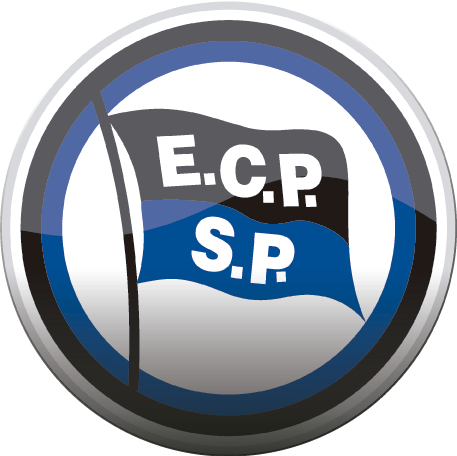NEA Launches Version 2 of SINBAD: Advancements in Nuclear Shielding Data

On [Insert Date], the Nuclear Energy Agency (NEA) unveiled the second version of the Shielding Integral Benchmark Archive and Database (SINBAD), marking a significant evolution in the repository that has served the nuclear community since the early 1990s. This update follows a comprehensive migration to a collaborative development environment and employs a standardized dataset format aimed at enhancing accessibility and usability for researchers and industry professionals.
The NEA, an intergovernmental agency that facilitates international cooperation in nuclear energy, has emphasized the importance of SINBAD in advancing knowledge and safety in the field of radiation shielding. According to Dr. Emily Richards, Head of the NEA's Nuclear Safety Division, "The upgraded SINBAD database will provide crucial benchmarking data that can improve the accuracy of radiation shielding calculations, thereby reinforcing safety standards in nuclear operations" (NEA, 2023).
SINBAD serves as a vital resource for both academic and industrial sectors, offering integral benchmark data that supports the development of advanced radiation shielding technologies. The latest version includes enhanced features such as improved data management capabilities and user-friendly interfaces, which are essential for optimizing research outcomes. Dr. John Miller, a Professor of Nuclear Engineering at the Massachusetts Institute of Technology, stated, "The access to standardized data resources like SINBAD is imperative for fostering innovation in nuclear shielding technology and ensuring compliance with international safety regulations" (Miller, MIT, 2023).
The NEA's initiative to standardize the dataset format reflects a growing trend in scientific research towards collaborative data sharing. This approach is expected to facilitate more comprehensive analyses and comparative studies among different research institutions. According to a 2022 report by the International Atomic Energy Agency (IAEA), standardized datasets are critical for accelerating research and development in nuclear science, particularly in areas related to safety and environmental protection (IAEA, 2022).
Furthermore, the updated SINBAD database is anticipated to enhance international collaboration, as researchers from various countries can now access a unified dataset. Dr. Laura Kim, an expert in radiation physics from the University of California, Berkeley, noted, "International cooperation is vital in the nuclear field, and a standardized database like SINBAD can significantly reduce redundancy in research efforts and foster a collaborative research environment" (Kim, UC Berkeley, 2023).
As the nuclear industry faces increasing scrutiny regarding safety and environmental impacts, resources like SINBAD are becoming more critical. The NEA has committed to ongoing updates and improvements to ensure that SINBAD remains a leading resource in the field. The release of this version not only signifies advancements in data management but also reflects a broader commitment to safety and innovation in nuclear energy.
In conclusion, the launch of version 2 of the Shielding Integral Benchmark Archive and Database (SINBAD) by the NEA represents a pivotal step towards enhancing the reliability of radiation shielding data. As the nuclear sector evolves, so too must the resources that support it, ensuring that researchers and industry professionals are equipped with the best tools available for promoting safety and efficiency in nuclear operations. Looking ahead, the NEA's continuous improvements and updates to SINBAD will likely have profound implications for future research and development within the nuclear community.
Advertisement
Tags
Advertisement





